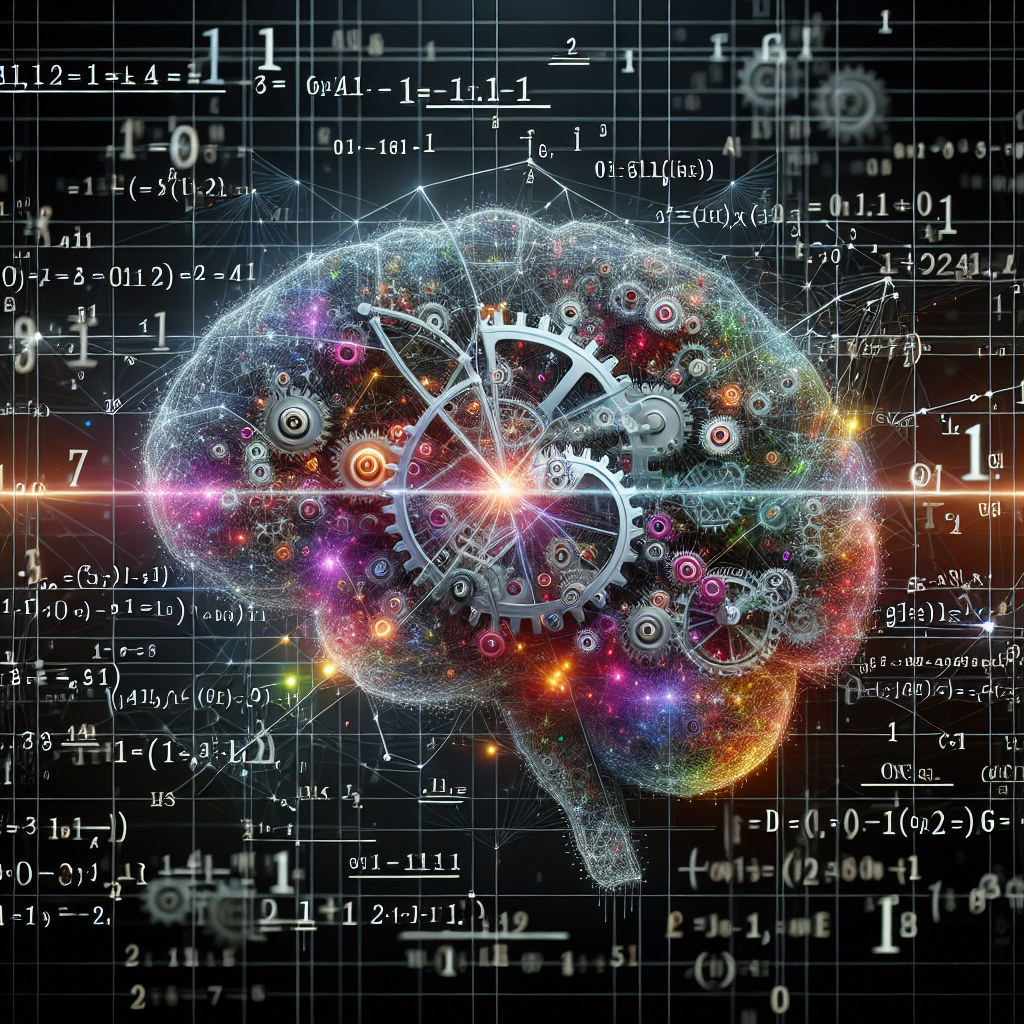Artificial General Intelligence (AGI) is a term that has been generating a lot of buzz in the tech world in recent years. AGI refers to a type of artificial intelligence that possesses the ability to understand, learn, and apply knowledge across a wide range of tasks and domains, similar to how a human brain functions. While current AI systems are designed to perform specific tasks within a limited domain, such as image recognition or natural language processing, AGI aims to create machines that can perform a wide variety of tasks with human-like intelligence.
In this article, we will break down the hype surrounding AGI and discuss what you need to know about this emerging technology.
What is AGI?
AGI is the concept of an artificial intelligence system that can perform any intellectual task that a human can do. This includes tasks such as reasoning, problem-solving, learning, and understanding language. While current AI systems excel at specific tasks, they lack the ability to generalize their knowledge to new situations or domains. AGI aims to create machines that can learn from experience, adapt to new information, and perform a wide range of tasks with human-like intelligence.
The goal of AGI is to create machines that can think and reason like humans, with the ability to understand complex concepts, make decisions, and solve problems in a wide range of domains. This has the potential to revolutionize industries such as healthcare, finance, education, and transportation, by automating tasks that currently require human intelligence.
Challenges of Achieving AGI
Despite the potential benefits of AGI, there are several challenges that need to be overcome before this technology becomes a reality. One of the main challenges is developing algorithms that can generalize knowledge across different tasks and domains. Current AI systems are highly specialized and lack the ability to transfer their knowledge to new situations. AGI requires algorithms that can learn from experience, adapt to new information, and apply their knowledge to a wide range of tasks.
Another challenge is creating machines that can understand and reason about the world in a human-like way. Human intelligence is characterized by the ability to make sense of complex and ambiguous information, learn from experience, and make decisions in uncertain environments. AGI systems need to replicate these capabilities in order to perform tasks that require human-like intelligence.
Ethical Considerations of AGI
The development of AGI raises important ethical considerations that need to be addressed. One of the main concerns is the potential impact of AGI on the job market. As machines become more intelligent and capable of performing a wide range of tasks, there is a risk of job displacement for workers in industries that rely on human intelligence. This could lead to widespread unemployment and economic disruption, unless measures are taken to retrain workers and create new job opportunities.
Another ethical concern is the potential misuse of AGI for malicious purposes. AGI systems have the potential to be used for surveillance, warfare, and other harmful activities, if not properly regulated. There is a need for ethical guidelines and regulations to ensure that AGI is used in a responsible and beneficial way.
FAQs
Q: What is the difference between AGI and other types of AI?
A: AGI refers to artificial intelligence systems that can perform any intellectual task that a human can do, while other types of AI are designed to perform specific tasks within a limited domain. AGI aims to create machines that can learn, reason, and adapt to new situations, similar to how a human brain functions.
Q: When will AGI be achieved?
A: The timeline for achieving AGI is uncertain, as it depends on a variety of factors such as technological advancements, research funding, and regulatory frameworks. Some experts predict that AGI could be achieved within the next few decades, while others believe it may take longer.
Q: What are the potential benefits of AGI?
A: AGI has the potential to revolutionize industries such as healthcare, finance, education, and transportation, by automating tasks that currently require human intelligence. AGI systems could improve efficiency, accuracy, and decision-making in a wide range of domains, leading to significant societal benefits.
Q: What are the potential risks of AGI?
A: The development of AGI raises concerns about job displacement, ethical considerations, and the potential misuse of the technology for harmful purposes. There is a need for ethical guidelines, regulations, and safeguards to ensure that AGI is used in a responsible and beneficial way.
In conclusion, AGI has the potential to revolutionize industries and improve efficiency, accuracy, and decision-making in a wide range of domains. However, there are challenges that need to be overcome, ethical considerations that need to be addressed, and risks that need to be mitigated. It is important to continue research and development in this area, while ensuring that AGI is used in a responsible and beneficial way for society.

